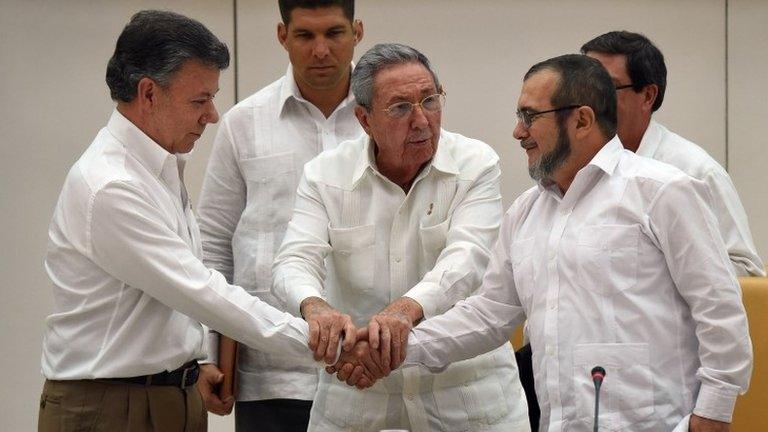Colombia President Santos: 'Farc peace deal by 20 July'
- Published
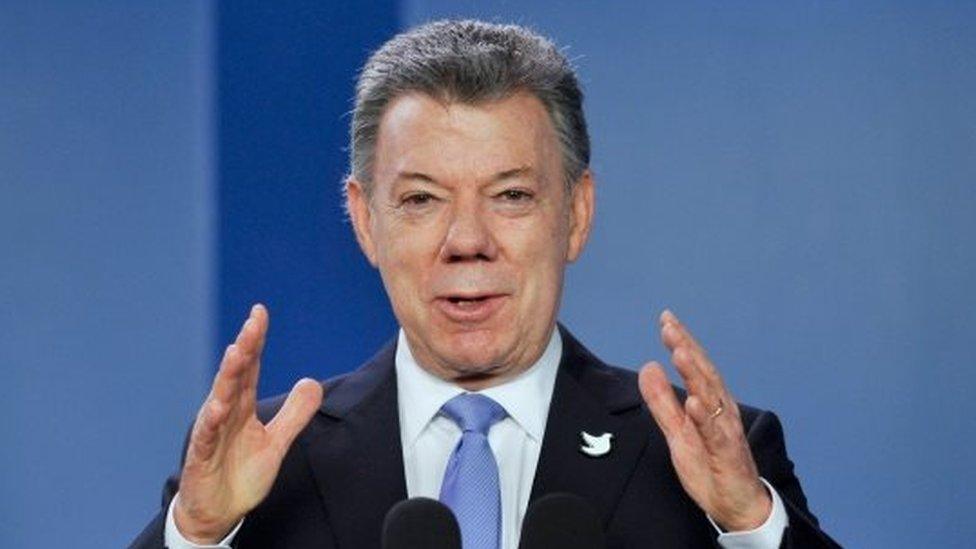
President Santos wants to conclude peace talks with the Farc rebels by 20 July 2016
Colombian President Juan Manuel Santos says he expects a peace deal to end more than 50 years of conflict with the country's largest rebel group, Farc, to be reached within a month.
Mr Santos said the country would enter a new era if the talks, which started in 2012, were successfully concluded.
A previous deadline set by Mr Santos to complete the negotiations with the rebels was missed on 23 March.
More than 220,000 people have died in five decades of the armed conflict.
The peace negotiations between the Colombian government and the Marxist guerrilla group have lasted a lot longer than initially envisioned by President Santos.
What Colombians say about the peace process
What is at stake in the Colombian peace process?
Formal talks started in the Cuban capital, Havana, in November 2012. They were preceded by two years of secret talks.
Sticking points
At an unprecedented meeting with the Farc leader known as Timochenko in Havana last September, the president set a deadline of 23 March 2016 for the talks to be concluded.
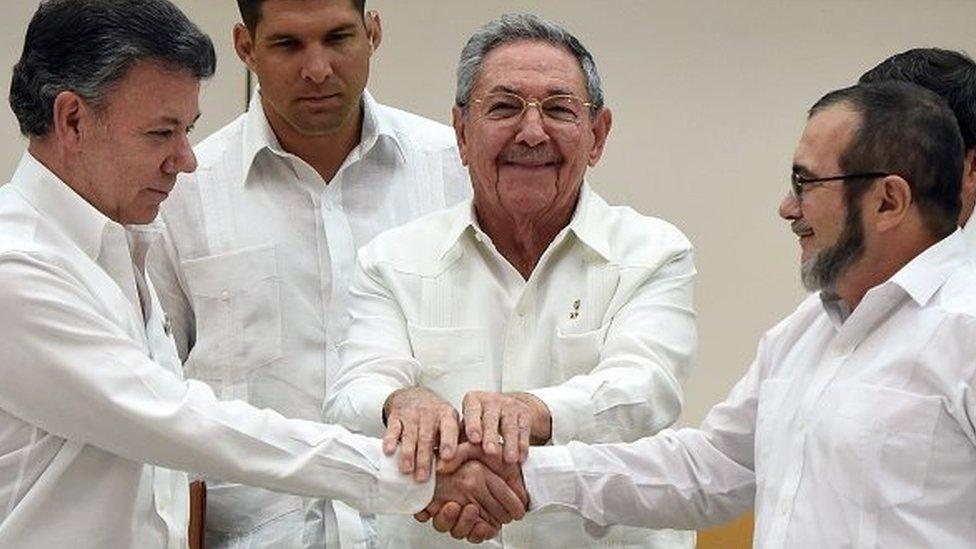
Juan Manuel Santos (left) and Timochenko (right) shook hands for the first time in Cuba on 23 September 2015
But as that deadline approached, both sides said that important differences remained and that they needed more time to reach a final agreement.
At the time, Mr Santos said he did not want to rush into "signing a bad agreement".
He also said that setting a date on the talks to be concluded, had been "risky".
Negotiations have continued apace in Havana since then.
Final points under discussion include a bilateral ceasefire, the decommissioning of the rebels' weapons and guarantees for their safety once they down arms.

Revolutionary Armed Forces of Colombia (Farc)
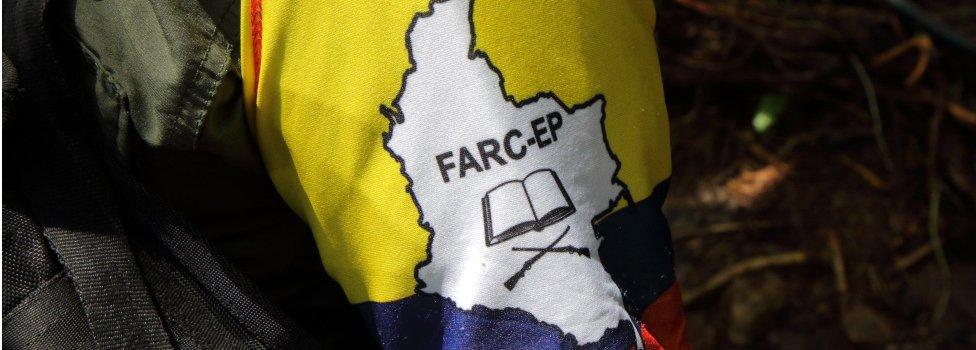
Founded in 1964 as an armed wing of the communist party
Colombia's largest rebel group
Based on Marxist ideology
Financed itself through drug trafficking and kidnapping
Mostly active in rural areas of Colombia, where it launches attacks against right-wing paramilitaries, the security forces and multinational companies
Number of active fighters estimated at 6,000, down from more than 20,000 in 2002

A peace deal to end the Western Hemisphere's longest-running conflict would be seen as a coup for President Santos, who cannot stand for election again after two terms in office.
However, the Farc are not the only guerrilla group active in Colombia.
The government earlier this year announced it would also enter into formal peace talks with the smaller National Liberation Army (ELN).
But those talks, which were due to start in Ecuador in May, have been put on hold over a disagreement over kidnappings, which the government wants the ELN to stop for good.
More than 220,000 people have been killed and close to seven million displaced as a result of Colombia's armed conflict, which began in the 1960s.
- Published28 May 2016
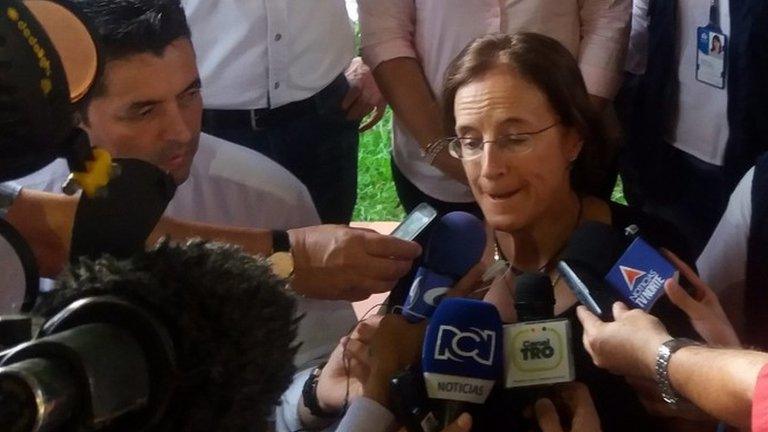
- Published16 May 2016
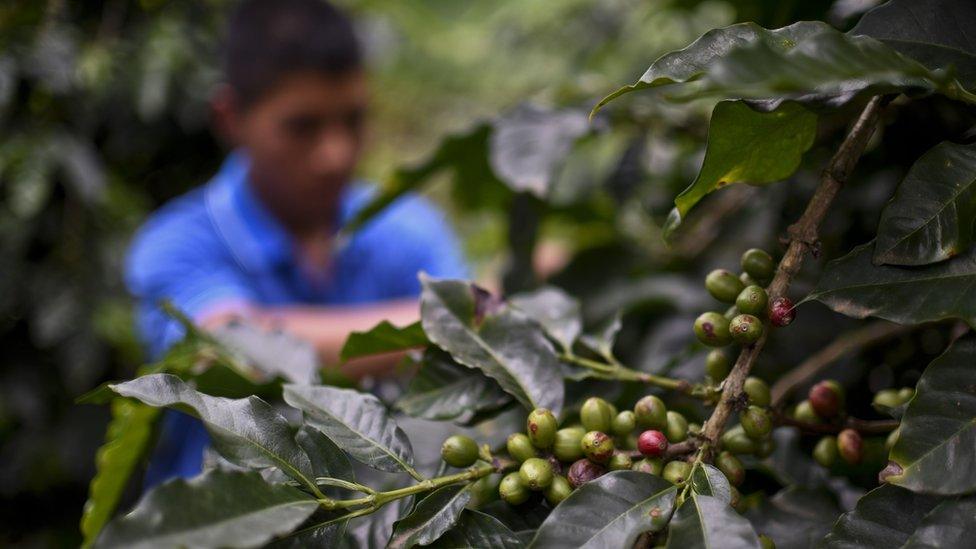
- Published30 March 2016
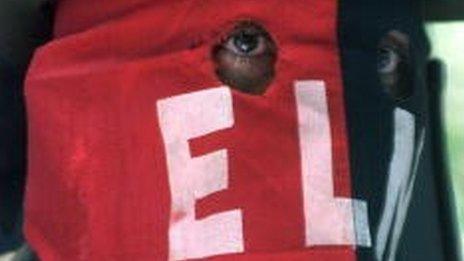
- Published24 March 2016
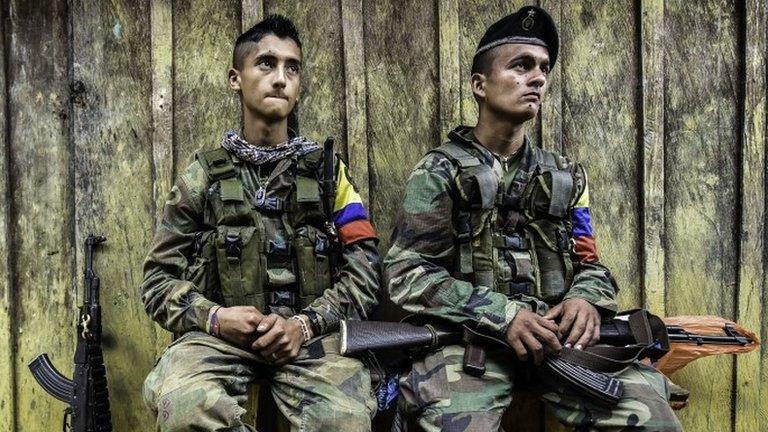
- Published28 February 2016
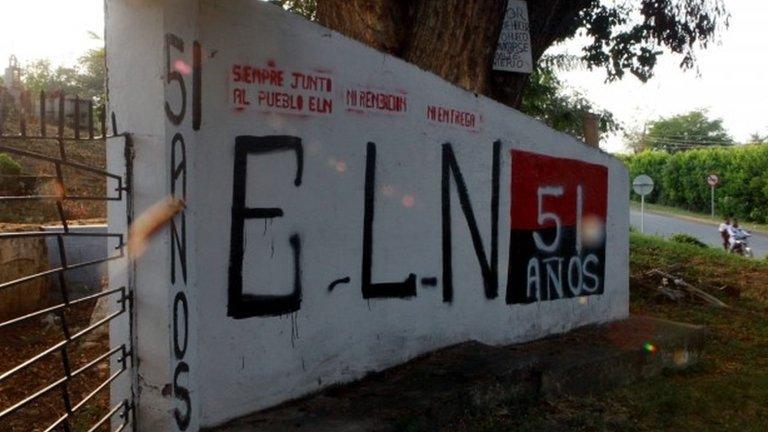
- Published24 September 2015
